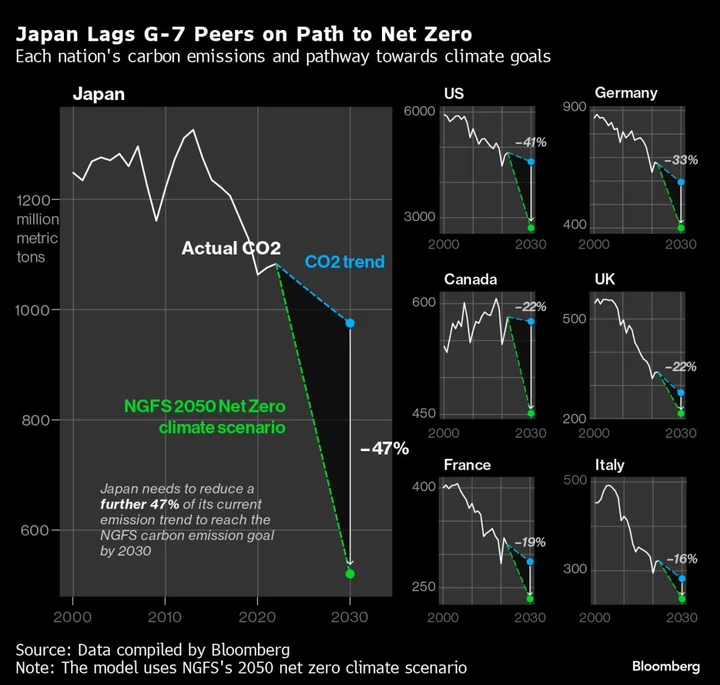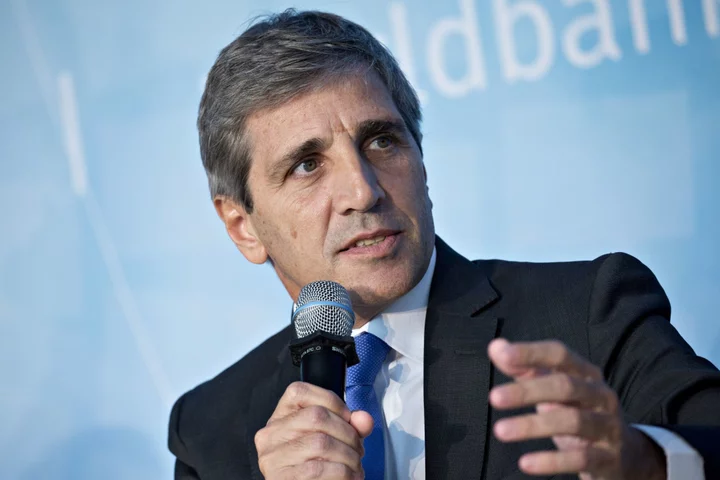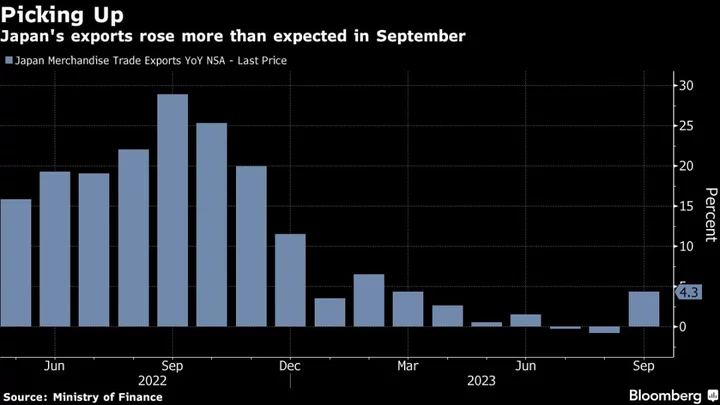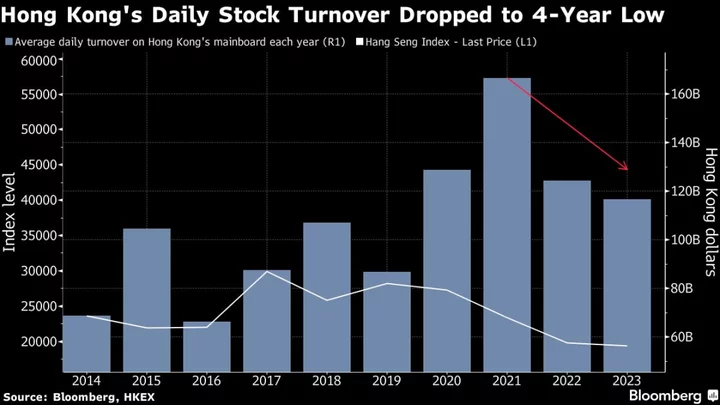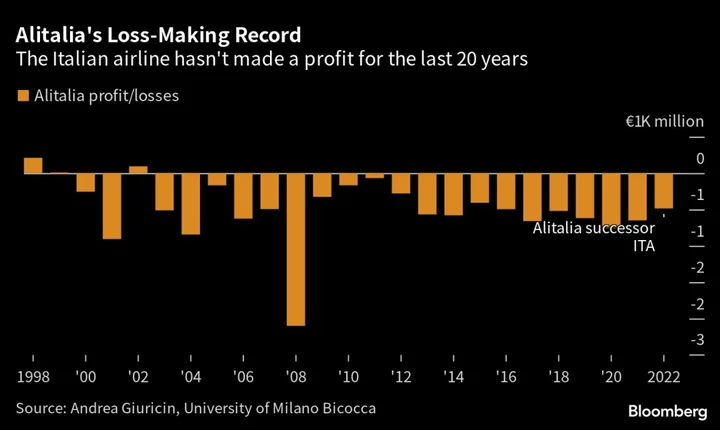COP28 Daily Reports: Sign up for the Green Daily newsletter for comprehensive coverage of the climate summit right in your inbox.
Japan pledged not to start building any more unabated coal-fired power plants at home, adding to international efforts aimed at curbing the largest source of global emissions.
“In line with its pathway to net zero, Japan will end new construction of domestic unabated coal power plants, while securing a stable energy supply,” Prime Minister Fumio Kishida said through interpreters Friday at the COP28 summit.
Decisions by other nations on the issue “should be addressed by each country in the course of the respective pathways to net zero, reflecting national circumstances,” he said.
Read More: What Is COP28 and Why Is It Important?
Coal accounts for almost a third of electricity generation in Japan, and the nation has lifted its reliance on fossil fuels since a large volume of nuclear capacity was taken offline following the 2011 Fukushima disaster.
The new pledge doesn’t affect plants already under construction, a Japanese government official told reporters ahead of the speech. Two coal plants began operating this year and another just outside Tokyo is scheduled to start in February. Coal plants are typically built to operate for between 30 and 50 years.
Japan’s government isn’t aware of current plans for any other new facilities, the official said.
Kishida’s pledge comes after nations including the UK and Canada called on attendees at the UN climate conference in Dubai to agree to immediately end new unabated coal-fired power generation.
It also follows an agreement among G-20 members to aim to triple renewable energy generation capacity by 2030, and to also develop abatement and removal technologies. Abated coal generation typically refers to power plants that have technology to reduce emissions, such as carbon capture and storage.
Japan will not be joining the no-coal-power alliance led by France and the US because it requires members to clearly state when they will abandon the energy source, the Nikkei reported Saturday. Tokyo will continue negotiations with the alliance, the report said, citing an unidentified government official.
The nation has previously been a major force in funding and constructing coal-fired power plants overseas, though joined G-7 nations in 2021 in agreeing to stop international financing of projects. The nation later pulled out of developments in Bangladesh and Indonesia.
Companies including Sumitomo Corp. and Toshiba Corp. have indicated in the past they won’t take new orders for coal-fired projects, and some commercial banks have made similar commitments.
Kishida’s new pledge could allow for future plants paired with abatement technologies.
Japan is currently promoting the use co-firing at power plants, which replaces a small portion of coal or gas with alternative fuels such as ammonia to lower emissions. Critics say the idea is costly and would do little to cut back on pollution.
Read more: Asia’s Co-Firing Ambitions May Produce More Carbon Emissions
Japan is “on track” to reach its goal of cutting greenhouse gas emissions by 46% by 2030 and will continue efforts in its challenge to meet the lofty goal of cutting its emission by 50%, Kishida said in his speech.
The nation’s emissions-reduction trajectory is currently not in line with global ambitions to limit planetary warming to 1.5C, according to data compiled by Bloomberg. Kishida didn’t mention any specific plans to reduce reliance on crude oil and natural gas, of which Japan is among the world’s largest importers.
--With assistance from Alfred Cang.
(Adds government official’s comment in ninth paragraph.)

